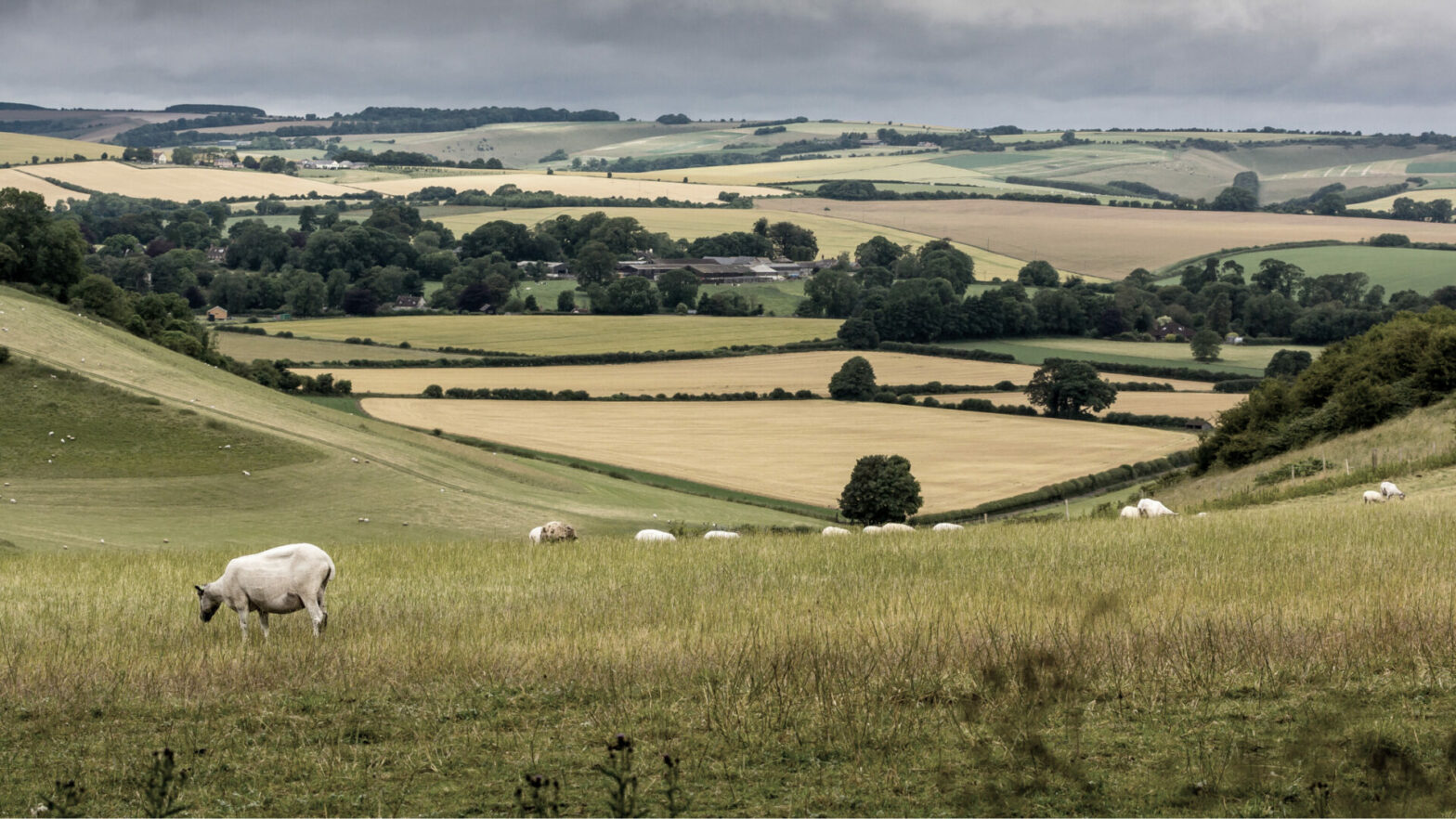The recent High Court case of Guest v Guest [2019] provides helpful guidance on the “Son, one day all this will be yours” cases. Follow the line to the helpful summary from Family Law Week.
Assurances were given to the Claimant, a son of the Defendant farmer, about inheriting the business and farm land. The parties entered a farming business partnership, but over the years this dissolved, and the Defendant wrote new wills disinheriting the son. The son, having worked over many years for less than market wages, brought a claim for a proportion of the farm land and business, arguing proprietary estoppel.
The doctrine of proprietary estoppel requires:
1. a clear assurance of an interest in property.
2. the receiving party relying on that assurance and suffering some substantial detriment.
3. in all circumstances is would be unconscionable for the promising party to go back on the assurance.
The Court found for the Claimant – even though the nature of the promises and his expectations would have ‘shifted’ over time. Even though he had played a part in the dispute leading to the breakdown in relationship, and was able to be employed elsewhere, this did not stop the Court from finding that an equity had arisen, and the Court needed to do something about it. It gave the claimant 50% of the business and 40% of the farm land.
The judgment serves to emphasis the unpredictable nature of litigation, in particular this kind of case, where the Court has a wide discretion on what remedy to give. Other conclusions are that those involved in farming and other family businesses will do well to discuss and document arrangements on partnership and succession.
If a dispute does arise, mediation provides a very useful forum and process to resolve matters, very much preferable to costly and lengthy litigation.
https://www.familylawweek.co.uk/site.aspx?i=ed200478
(d) draws attention to the fact it does not follow that it will be unconscionable to allow a defendant to resile from an assurance on which there has been detrimental reliance. The defendant relied on the fact that the parties had become involved in a farming partnership and this had been dissolved. [¶276] The judge nevertheless found that this claimant remained entitled to an equity in the farm and the farming business [¶281] as the partnership had come late in the chronology of events;









